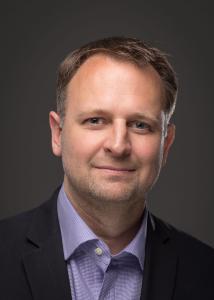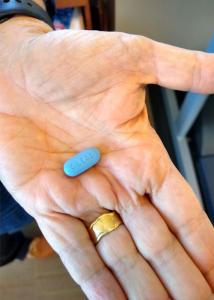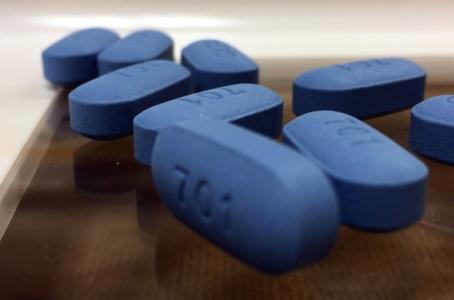Preventing HIV in Uganda: Increasing Access to Pre-exposure Prophylaxis (PrEP) Among People Who Inject Drugs
A new grant will help deliver HIV prevention services to people in Uganda who are injecting drugs.
Renee Heffron and Andrew Mujugira are key personnel on the grant, which will support research through 2025. The project will implement pre-exposure prophylaxis (PrEP), train a mental health staff, and also include project implementation, data collection, stakeholder engagement, and dissemination of the results to communities.



